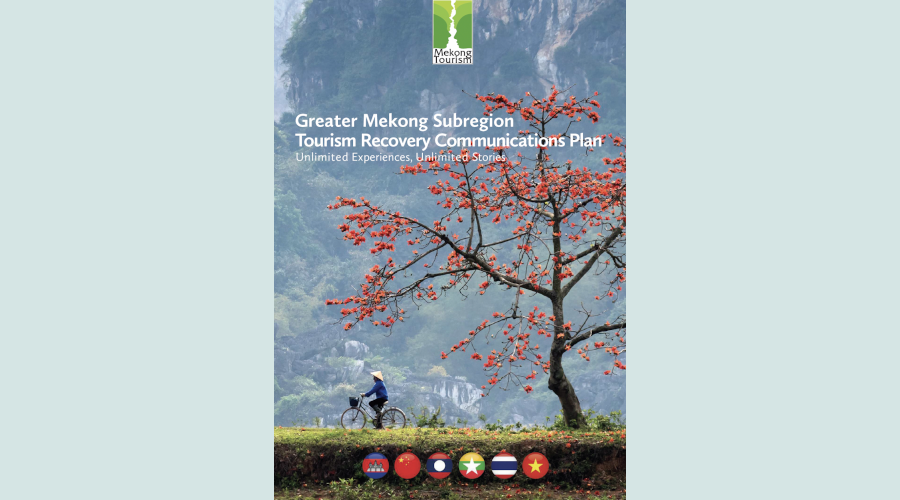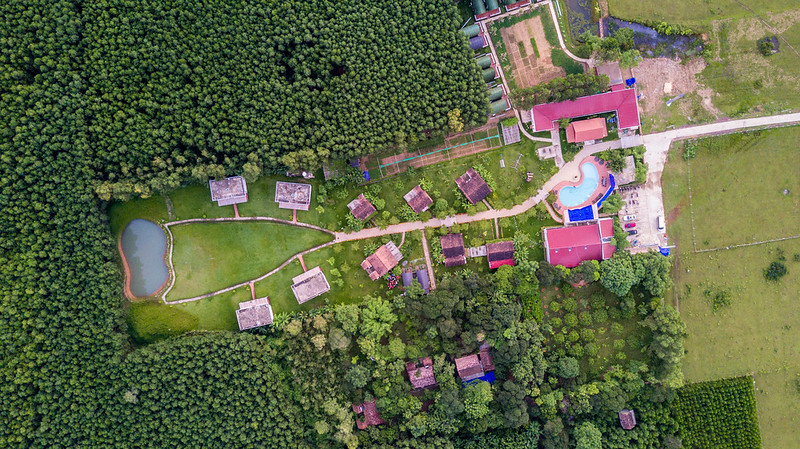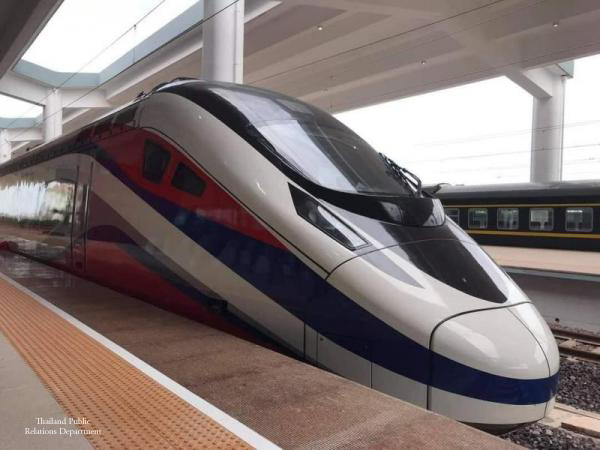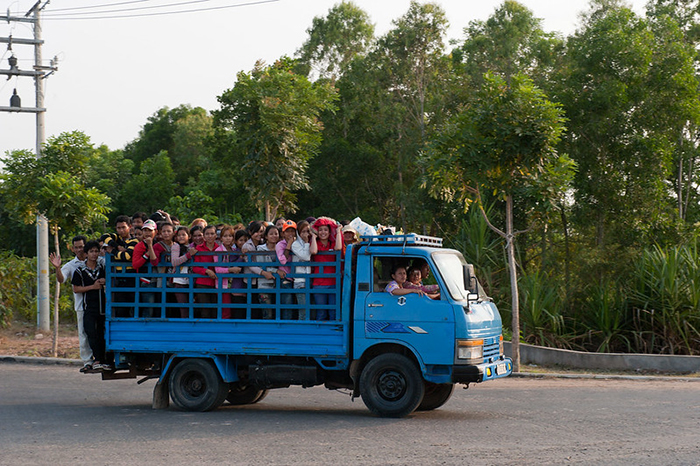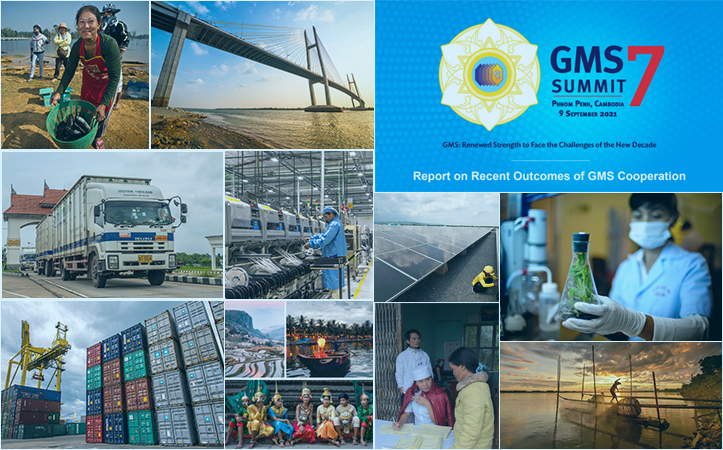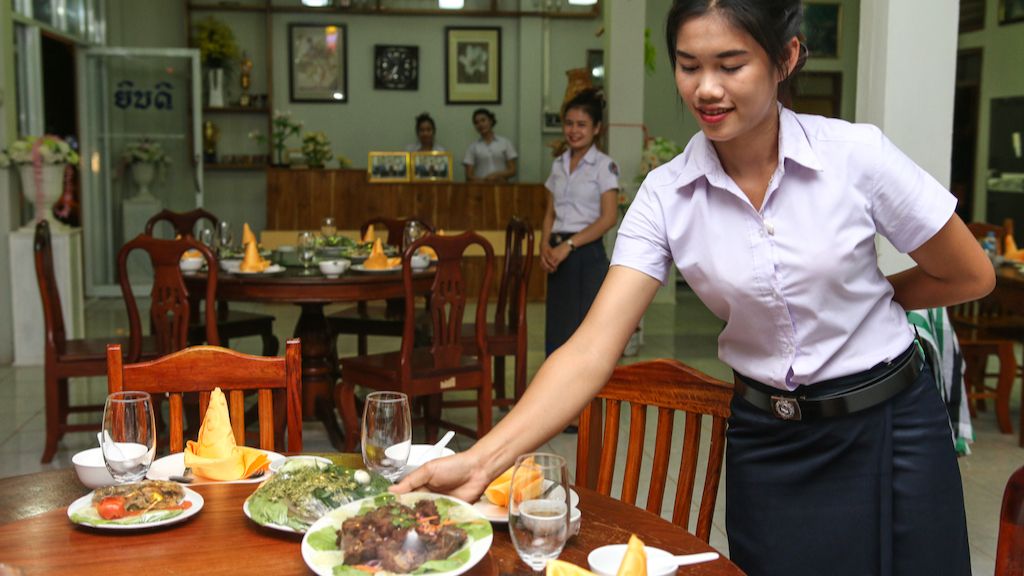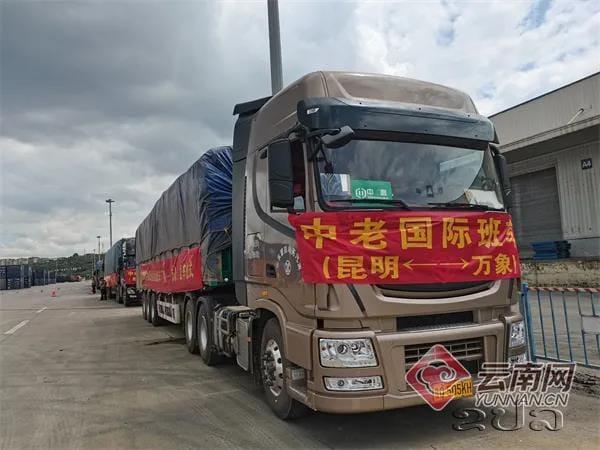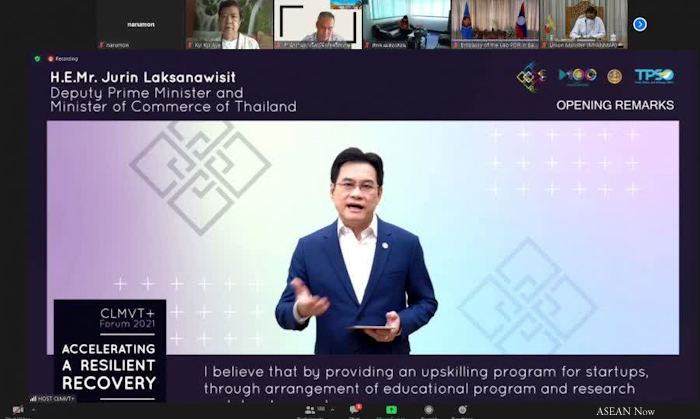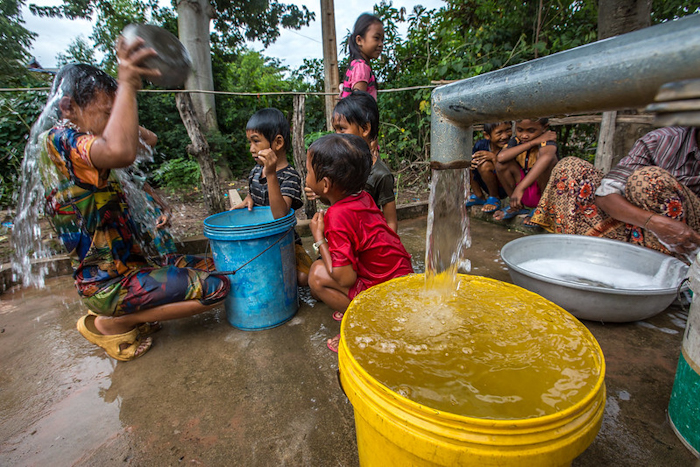
Second Rural Water Supply and Sanitation Sector Project in Cambodia. Photo by ADB
$180 Million ADB Loan to Improve Urban Services in Cambodia
The Asian Development Bank (ADB) has approved a $180 million loan to help three cities in Cambodia improve urban infrastructure and boost economic competitiveness.
The Livable Cities Investment Project will help more than 140,000 residents in Bavet, Kampot, and Poipet access better wastewater and solid waste management services. It will help the cities reduce flooding by upgrading their urban stormwater and drainage systems. The project also aims to strengthen the capacity of municipal governments to deliver urban services.

